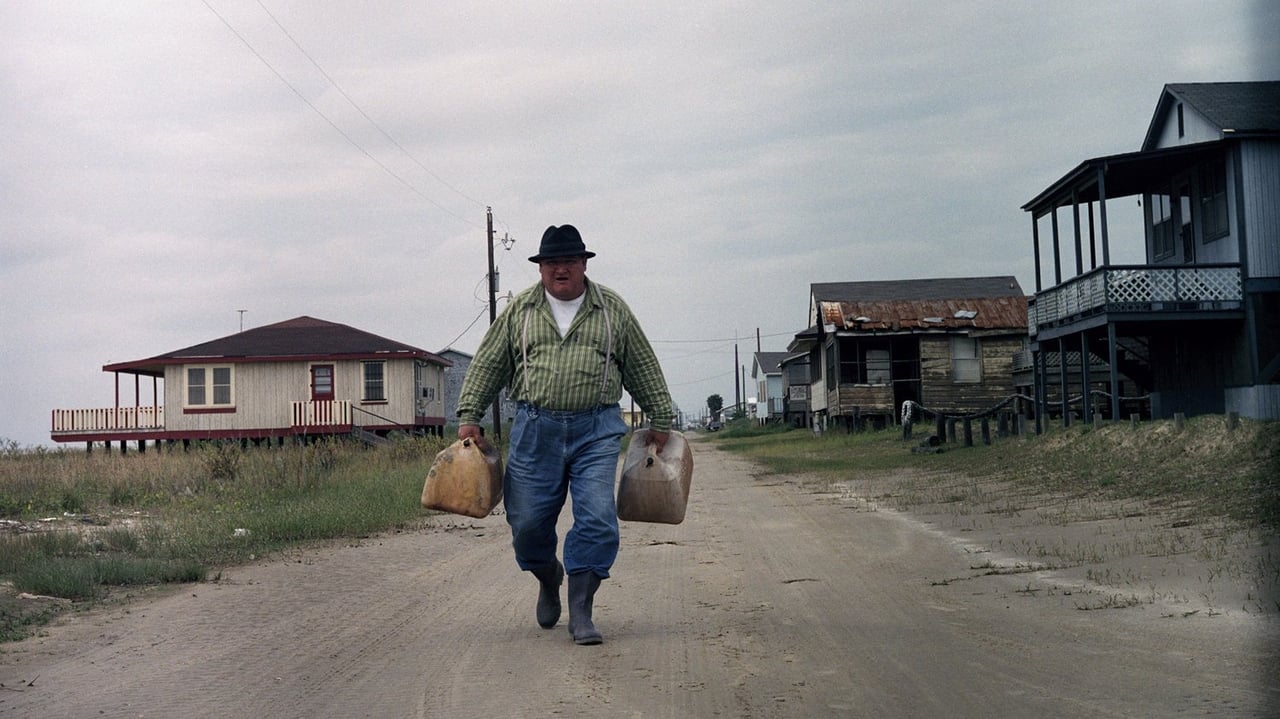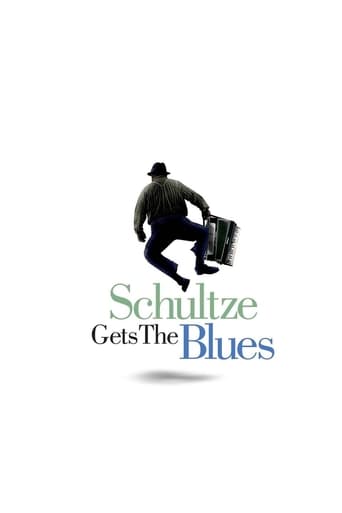

The movie gets everything. An amazing story, a sympathetically main character and surprising plots and of course funny dialogues. Good pictures and very good (really special) music. But no question Horst Krause is the Deal here. Its Not Easy to imagine another actor than him. He looks and acts so typical boring German from a small village like no other actor in Germany i know. But with a heart of gold. Like a big fat buddha.Somebody will find the story a Little Bit cheesy. Not for me. Its the story from a normal very quite people with dreams and hopes deep inside him. And only the "destiny" gives him the chance to get his "inside"-dreams alive. Lovely. Isn it? Sometimes WE with it will hit us too:)
... View MoreA multicultural story that presents a real life as a real experience. The pace will turn off anyone addicted to the smash-dash of Hollywood mainstream films, but the subtle humour and just general good nature of the film makes it something special.The central character, Schultze, finds a new life after hearing some zydeco music and this leads him to America and a journey into a strange land, made stranger by the fact that much of it seems like his German home, but just different enough to be a kind of culture shock for both Schultze and the viewers.Have a beer, set your feet up and take a slow ride into the bayou.
... View MoreAs one who just recently (if we can call 2002 "recently" in these post-9/11 era), who was "right-sized"; ie, laid off at the age of 50, and thus deemed by society at large as obsolete....This is a perfect example of what i would call a perfect art film. (Similarly as with "Koyaanisqatsi" (with music by Philip Glass), as one reviewer put it "some people just won't get it").For me it is a perfect example of the "new world order" which in turn describes what is happening as we create the even-more-marginalised fourth, fifth and sixth world countries, etc.Ostensibly it is about a miner who is given "early retirement" and finds so much time on his hands that he is quite apparently (as well as his friends) wasting away -- so wonderfully underscoring Hemingway's comment that "most people live lives of quiet desperation".It is beautiful in its almost minimalist use of imagery and sound. If anything can save Schulte, it is music! -- beauty! beauty squared!'Frank.
... View MoreIt's hard to imagine how the director, Michael Schorr, could draw us into the story of a plump old retiree with a face as interesting as a honeydew melon (Horst Krauss), but he manages to do it.Lif in Schultze's German town is filled with inaction. We get several static shots of the architecture and the layout of the streets, empty of occupants. I mean it literally. We see a shot of a tiled and sterile courtyard -- and the shot hangs there for a good ten seconds.The same technique is used throughout. Lots of scenes in which people are doing something, and Schultze is off in a corner somewhere, observing or just staring. There are two shots of a gray sky both held for about one minute. In the first, the screen is blank except that a slender sliver of material enters the picture and slices through it in a leisurely way. We guess it's one of the blades of the energy-producing windmills we glimpsed at the beginning, but it could be anything -- a sickle, a helicopter rotor, a mobile. In the second static shot of the sky, it is blank except for three unmoving contrails from high-altitude jets.He's not a man without honor in his own Dorf though, no Umberto D. He's an accordion player in the local Musikverein and though he shows more enthusiasm than talent he's chosen to represent the village at its sister city's music festival in America, New Braunfels, Texas, where as a matter of fact you can still buy a good Wurst. It isn't that life in his village is bad. It's just that it's extremely dull, even for a dull man.And then he has a musical epiphany. Surfing the radio dial one night he runs across a station play a Cajun song. He shrugs, turns the radio off, walks across the room, stops, turns around thoughtfully, goes back to the radio and turns it on again, listens to the tune for a few minutes, then shuts it off and begins to practice the tune on his accordion.In deliberately paced movies like this, the smallest changes in detail catch your attention. In this scene it's the expression of Schultze's face and he grasps what the Cajun music is doing.There really isn't much to the rest of the story. Schultze goes to America and winds up buying a small fishing boat and travels around in the Louisiana bayous, soon realizing that compared to professional Cajun musicians he retains his amateur status. He packs his accordion away and that's the end of his musical career.The natives are friendly enough in a minimal way but Schultze has a language problem and in any case is rather shy. A woman dances with him at a Cajun nightclub and leaves him in the middle of the dance. He looks around, puzzled and disappointed, and then leaves. She returns a moment later with two drinks and searches for him without success. Mostly they pay no more attention to Schultze than they would to any other stranger.Here's a spoiler. Finally, he falls in temporarily with an African-American woman and her young girl. They invite him to dinner and he stuffs himself on crab and other Cajun food. Then they go out drinking and dancing and having generally a hell of a good time. Too good. Schultze is a heart attack waiting to happen. The black woman takes him to her home and covers him tenderly while he sleeps in a chair, dreaming of the dance he's just been to. Then he burps twice and dies quietly.Schultze's funeral back in Germany is played neither as tragedy or comedy. It's a solemn affair, as funerals tend to be, except that in the middle of a woman's peroration somebody's cell phone starts ringing and people make wisecracks about it and laugh. As the large group of mourners walks away from the graveyard, the village band plays the Cajun tune that had so captivated Schultze. The last shot has the column in black silhouette passing the ever-turning windmill of (I guess) life.Schultze did what he longed to do at the end of his life course. What more could anyone ask? That the movie is so touching is a tribute to the director and writer, and to Hort Krauss, the actor. Neither gives us much reason to love Schultze. It's not that simple-minded. If we can identify with him it's because his ordinariness is an extension of our own.
... View More